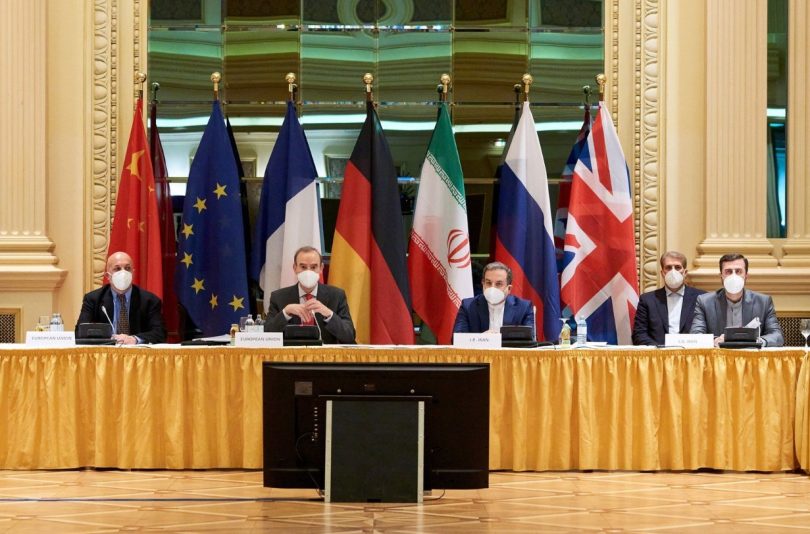
IAEA access into Iran’s nuclear facilities ends today, extension not likely to be granted

Iranian President Hassan Rouhani said on may 20 that United States had agreed to lift oil, petrochemical, shipping, insurance, and banking sanctions as it returned to the agreement, the JCPOA (Joint Comprehensive Plan of Action). The last round of nuclear talks in Vienna to revive the 2015 Nuclear Deal with Iran ended on May 19 with inconclusive results. The statement of President may be for consumption of local press, however Iran’s delegation leader in Vienna, Iran’s Deputy Foreign Minister Abbas Araghchi, said after a round of talks ended Wednesday evening that progress had been good. “We can now say that we have drawn a framework for an agreement, we have drawn the structure of the agreement, and the principal text of the agreement and its indices have been specified,” he told reporters. Still key issues remained to be resolved and participating delegations returned to their capitals for consultation over disagreements that remained.
Iranian lawmaker, Mojtaba Zolnouri, who is the head of the Iranian Parliament’s National Security and Foreign Policy Committee, had earlier said that the nuclear talks in Vienna have so far failed to produce a concrete result and they have become “draining.” He had warned that if this lock is not broken by May 24, Iran will implement a parliamentary nuclear law obligating the Iranian government to rapidly increase nuclear activities and restrict the International Atomic Energy Agency’s access to Iranian nuclear facilities. The nuclear law, officially called “Strategic Action to Lift Sanctions and Protect the Nation’s Rights,” outlines a step-by-step strategy for Iran to increase nuclear activities in case the West failed to honor its obligations under the 2015 Iran nuclear deal, officially known as the Joint Comprehensive Plan of Action (JCPOA).
At present, the offline agency cameras are installed in Iran’s nuclear facilities and the images are accessible to IAEA for monitoring the activities. Iran’s parliament speaker said on Sunday that a three-month monitoring deal between Tehran and the U.N. nuclear watchdog had expired as of Saturday. Iran’s state TV reported, that the agency would no longer access images of nuclear sites. As per Reuters, the head of the International Atomic Energy Agency (IAEA), Rafael Grossi, is to hold a news conference on Sunday afternoon. He is in talks with Iran on extending the monitoring arrangement, which could affect talks between Tehran and six powers to revive the 2015 nuclear deal, the IAEA said. The Speaker informed the Parliament that Iran’s ultimate authority, Supreme Leader Ayatollah Ali Khamenei, backed the decision of withdrawing access to IAEA to the images of cameras inside nuclear facilities.

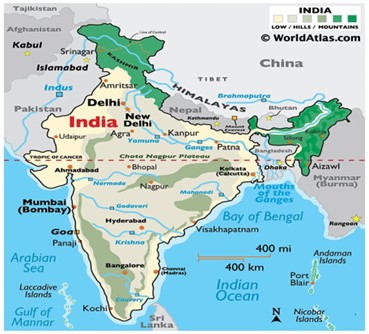

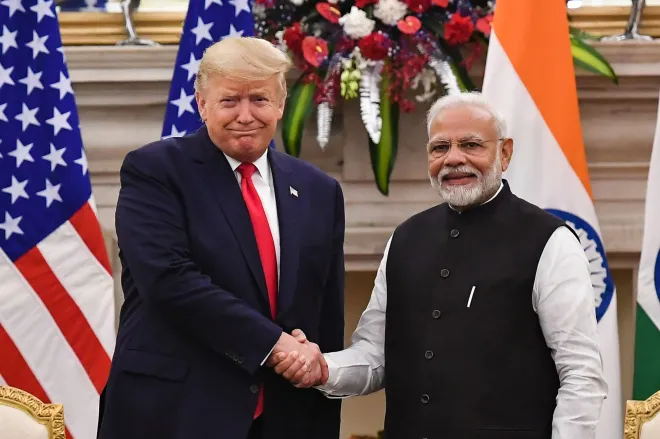
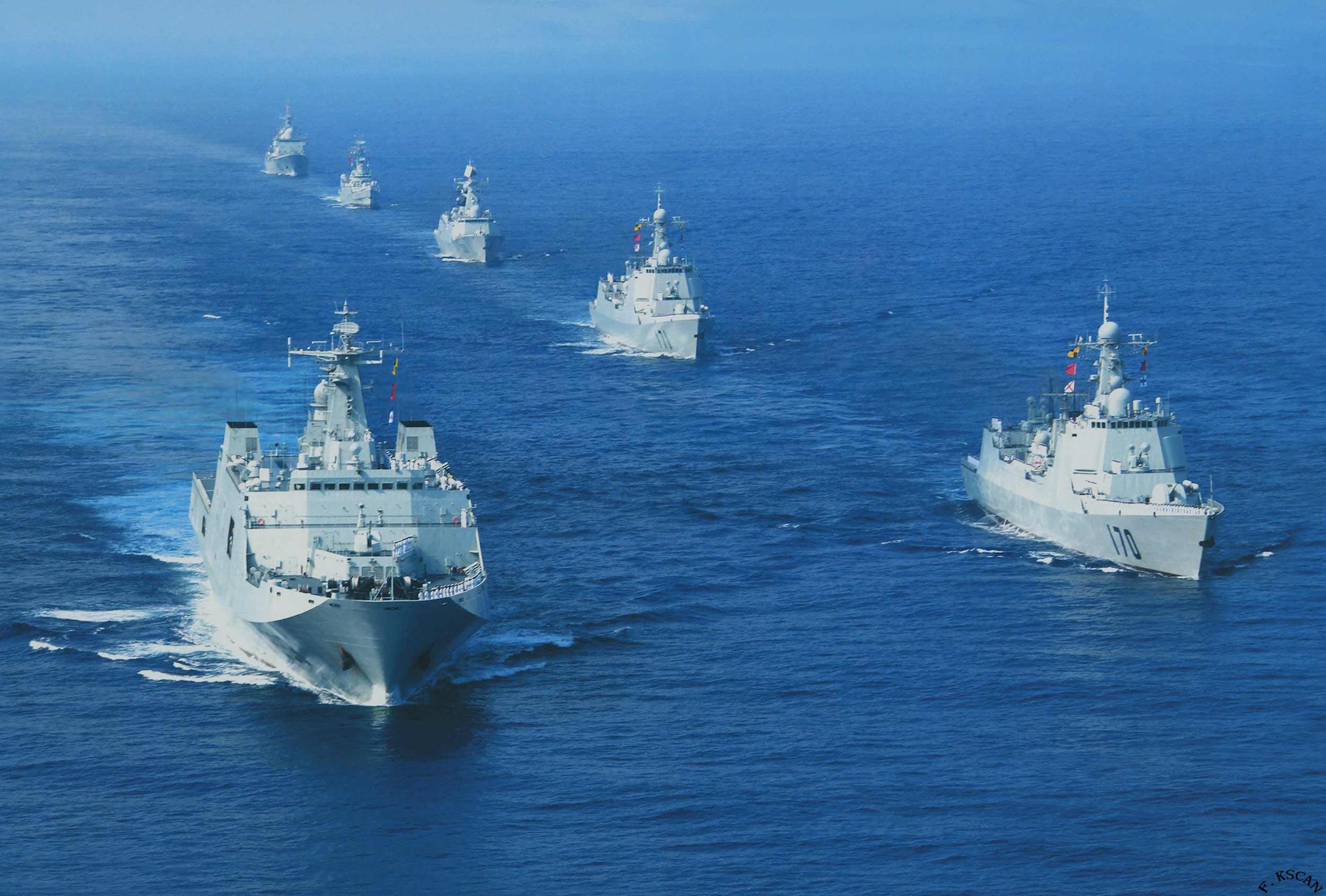
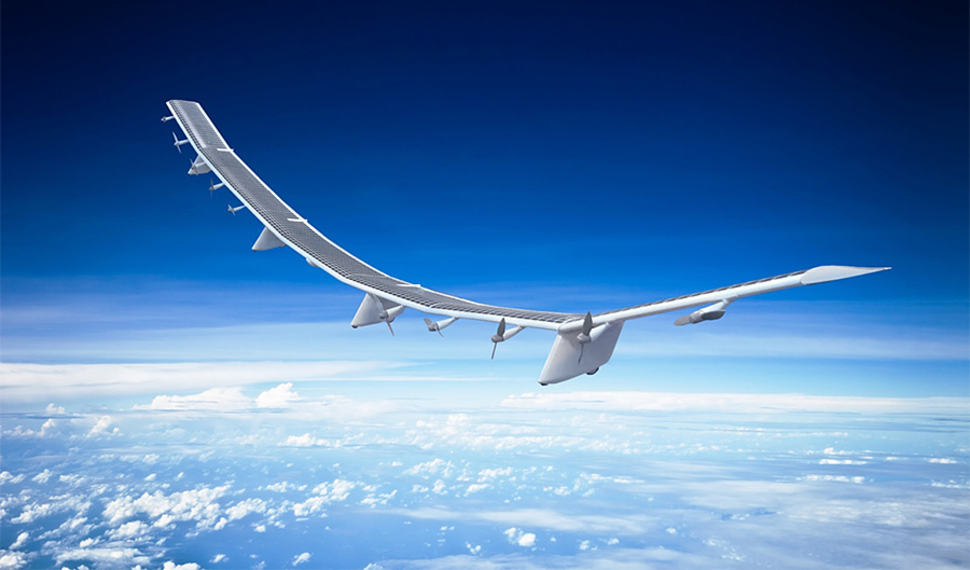
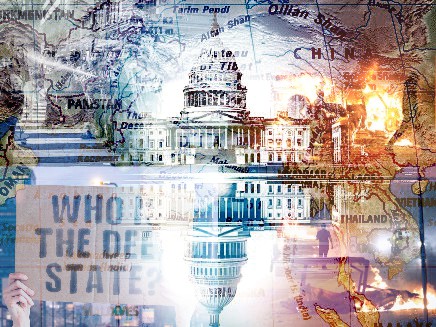
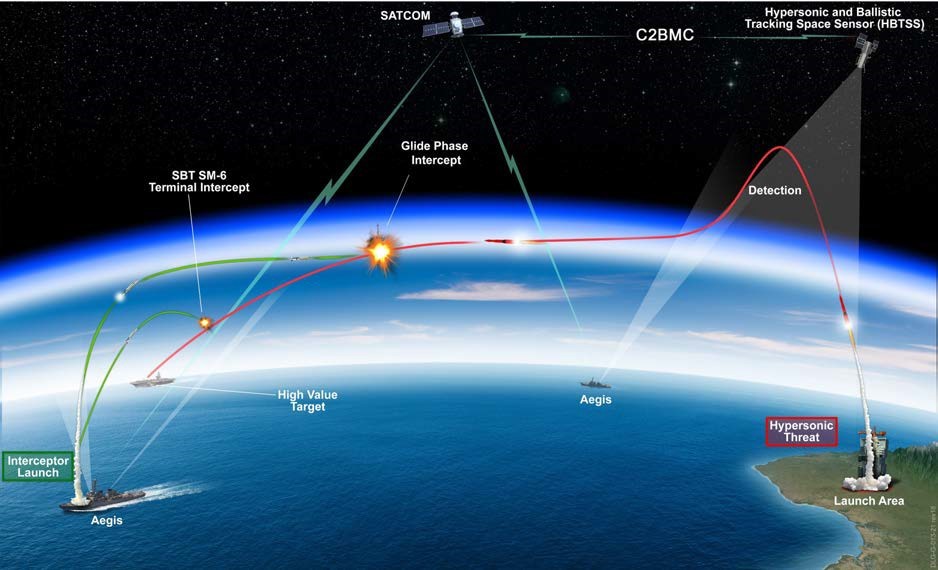
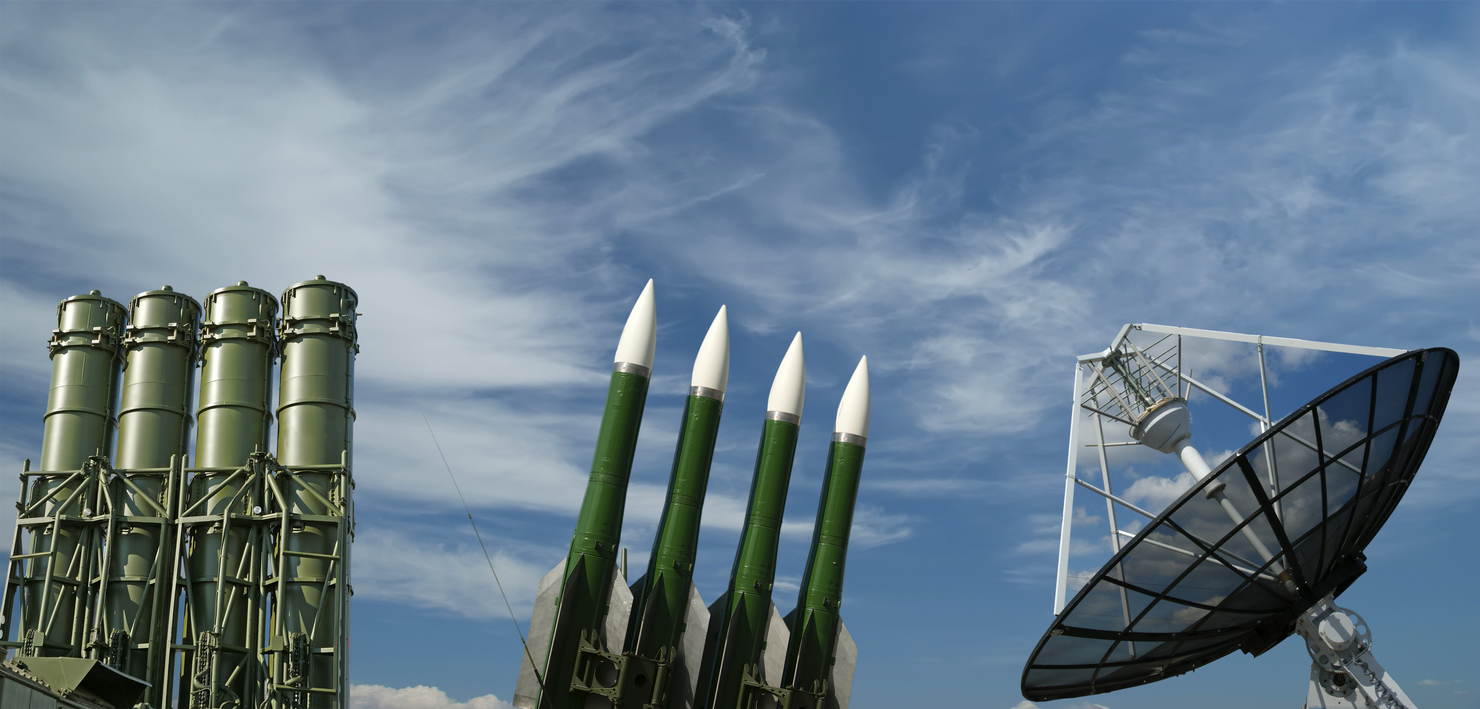
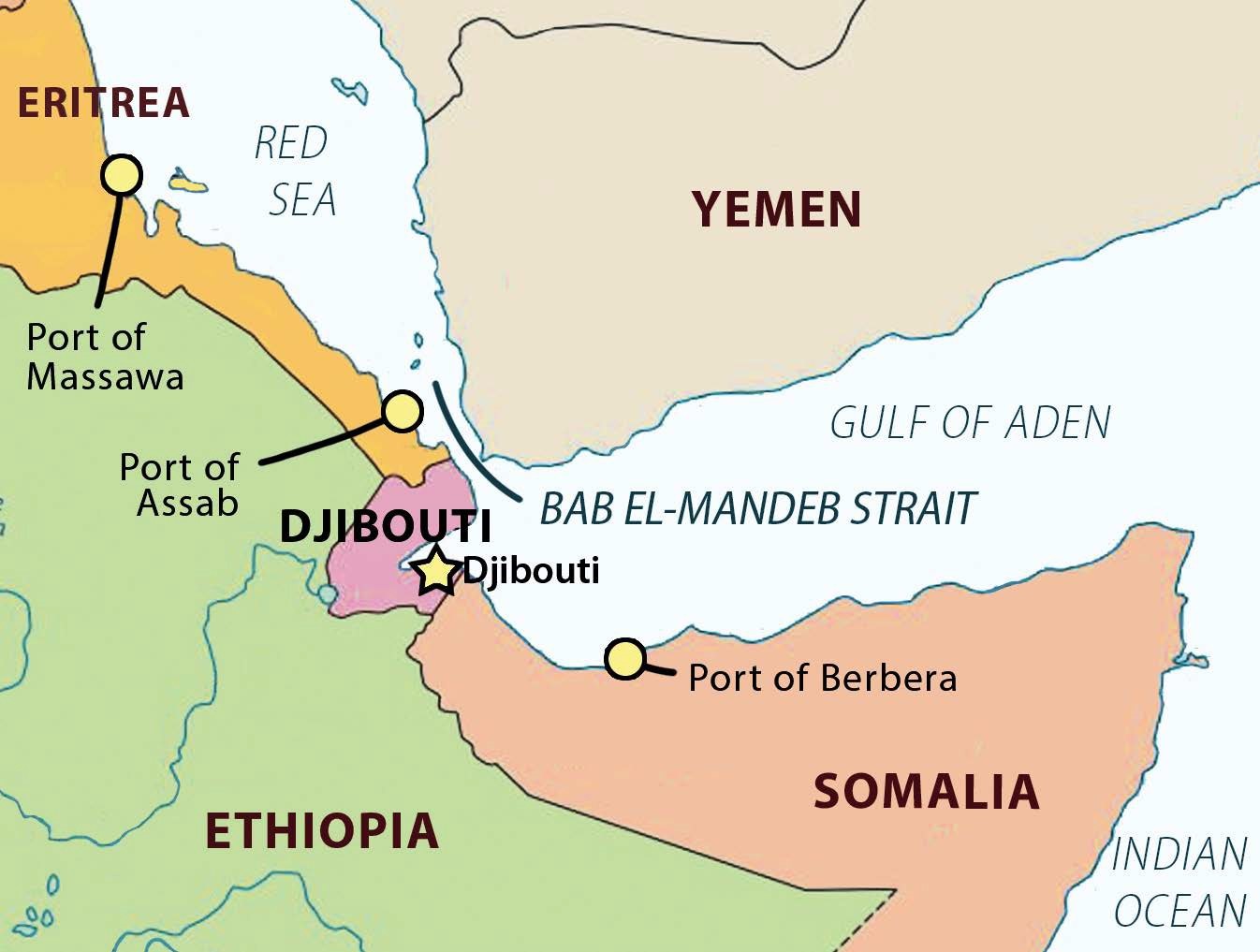
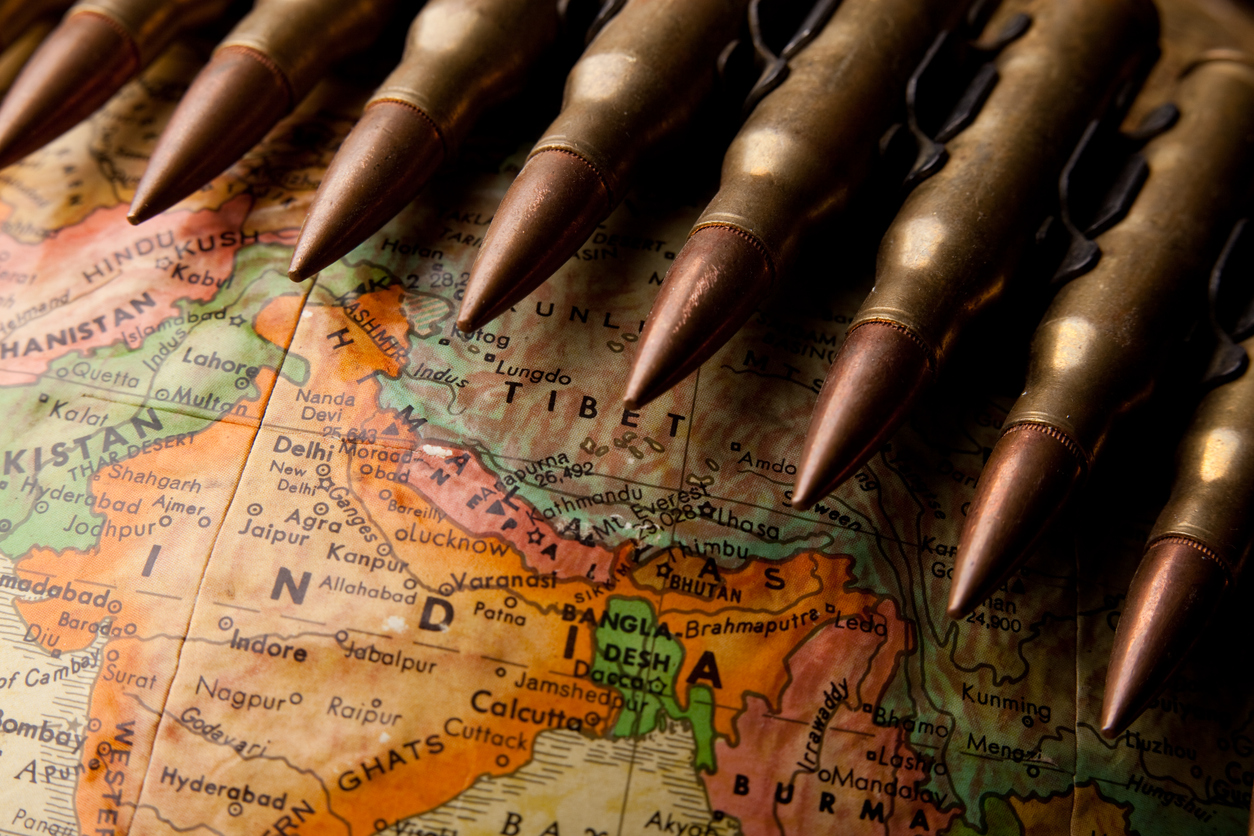






POST COMMENTS (3)
Ranjeet Anand
santosh kumar Gaur
Shamsher Pathak